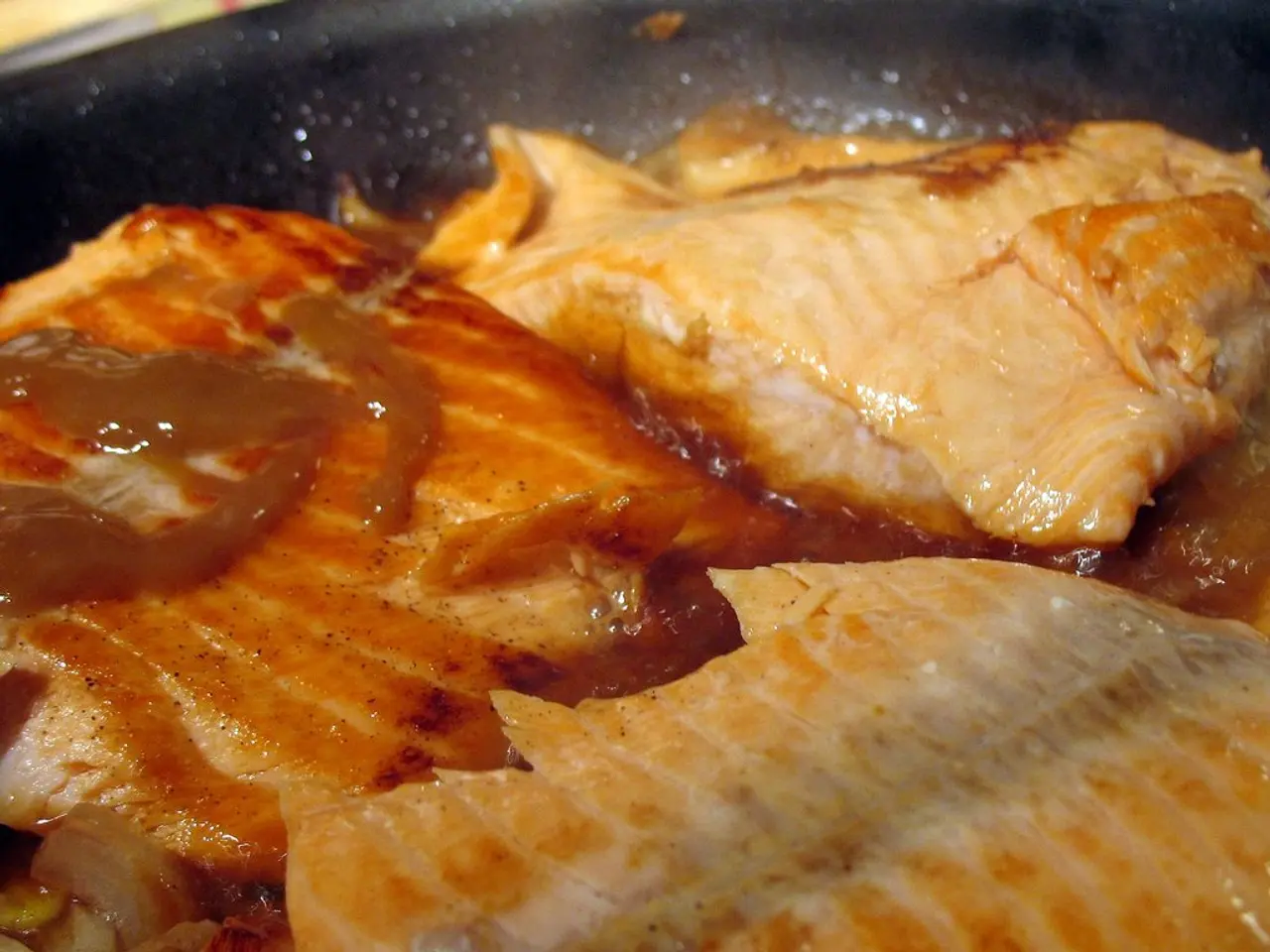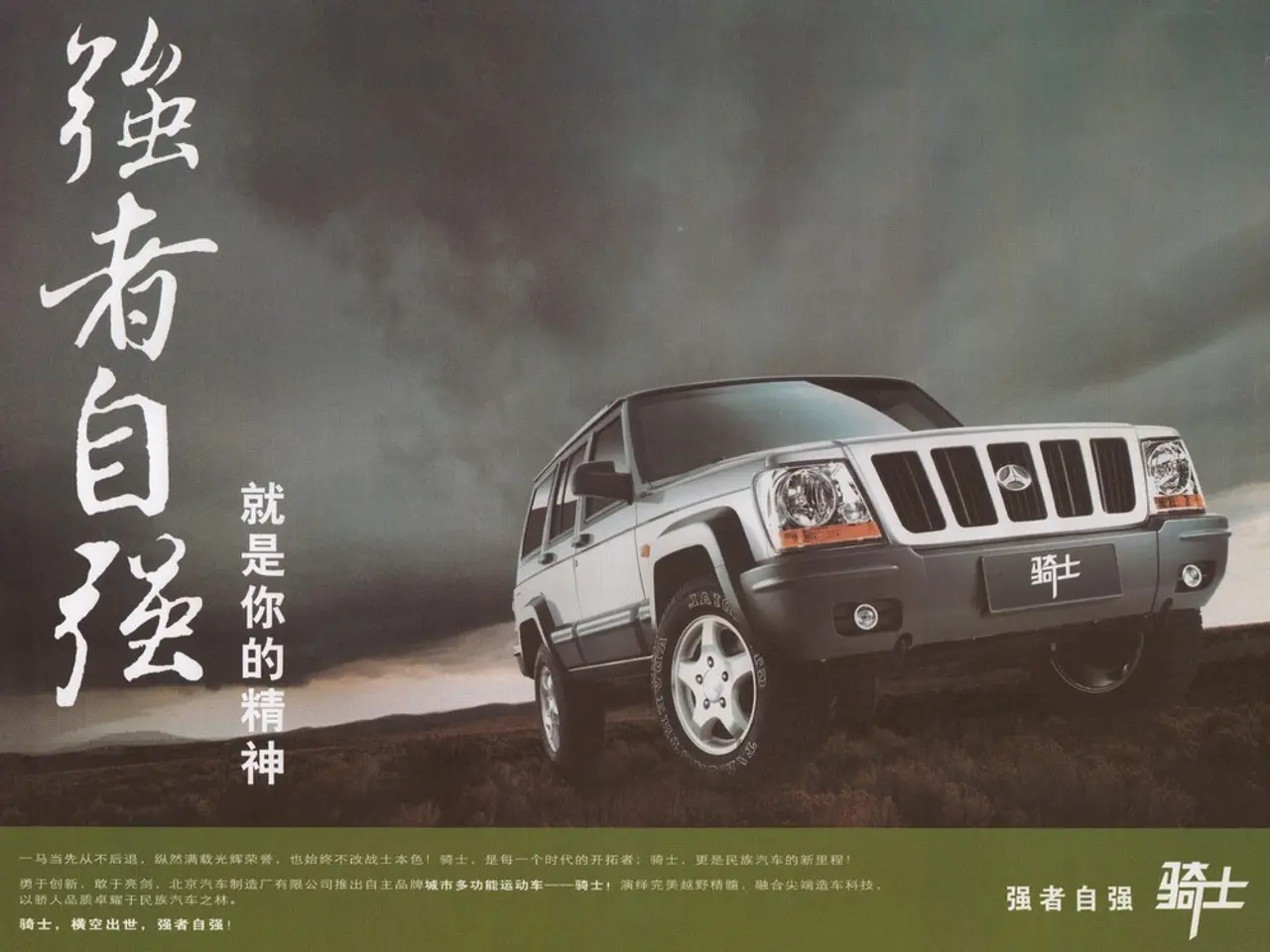Vietnam Incurs Expenditure of Approximately $2.6 Billion on Meat and Dairy Imports
================================================================
The domestic livestock sector in Vietnam is currently facing several key challenges, particularly in relation to the quality of imported meat and competition in the market.
African Swine Fever (ASF) Outbreaks
ASF outbreaks continue to severely affect the domestic pork supply, causing rapid infections and culling, which destabilizes local production. The ASF situation worsened in 2025 with infections tripling within weeks, prompting urgent government interventions. Vaccination efforts suffer from inconsistent vaccine efficacy and varying farm-level results, limiting disease control.
Dependence on Imported Feed Ingredients
Vietnam's dependence on imported raw materials and additives for animal feed undermines local feed production competitiveness. The country imports up to 80% of mineral supplements, microbial products, and herbs needed for feed, with domestic production remaining insufficient.
Imported Meat Quality and Competition
Imported meats often raise food safety concerns and create stiff competition for domestic producers. Limited supply chain efficiency and varying meat quality standards complicate competitiveness for Vietnam’s livestock sector.
Market and Supply Chain Limitations
Logistics, quarantine, and biosecurity pose additional barriers for domestic producers to scale and meet demand effectively.
Current and Emerging Solutions
- Industry Modernization and Technology Adoption: Major Vietnamese livestock producers are investing in modern machinery, automated feeding equipment, climate control, and biosecurity solutions aimed at increasing productivity and sustainability.
- Utilization of Agricultural Byproducts: There is a strategic shift to incorporate crop, forestry, and seafood processing byproducts as alternative feed ingredients to reduce reliance on imports.
- Development of Vaccines and Disease Containment Protocols: Although vaccine efficacy varies, ongoing research and government-led containment measures aim to control ASF outbreaks.
- Sector Collaboration and Innovation Platforms: Events like Vietstock Expo & Forum provide a venue for stakeholders to exchange technological advancements, genetics, nutrition products, and market strategies to strengthen competitiveness against imports.
- Growing Local Business Resilience and Profitability: Despite ASF and import competition, companies like Dabaco have posted significant profits by optimizing operations, reducing breeding costs, and expanding diversified business segments such as feed and livestock farming.
In summary, Vietnam’s livestock sector is challenged by disease outbreaks, heavy dependence on imported inputs, and competitive pressure from imported meats. However, modernization, alternative feed strategies, disease control efforts, and collaborative innovation are key solutions actively pursued to enhance domestic production quality and market standing.
"During sports events in Vietnam, spectators might be concerned about the weather conditions, as the unpredictable climate could impact the outdoor activities."
"In between intense livestock farming activities, farmers might engage in local sports to maintain physical fitness and pass the time, offering a brief respite from the day-to-day challenges faced in their industry."






